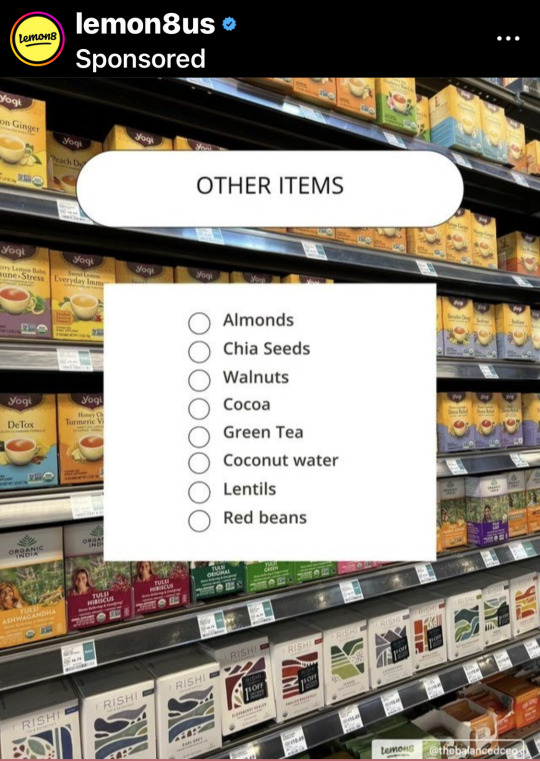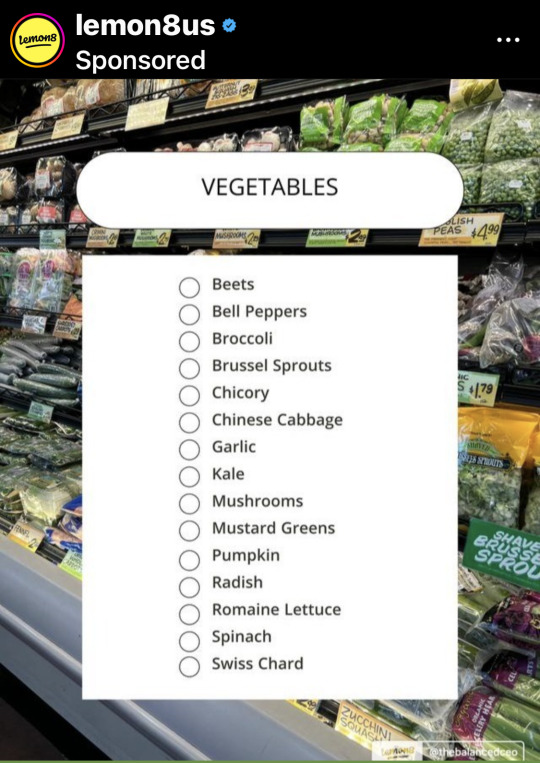#food groups
Explore tagged Tumblr posts
Text
Starting this blog off with a basic poll.
There seem to be multiple definitions of what certain foods belong to what group according to a few different sources, so assume:
Meat = muscle, flesh, organs, or something that was a part of an animal
Dairy = mammal milk and foods made from it
Vegetables = a plant; the thing that is eaten contains no seeds
Fruit = a plant; the thing that is eaten contains seeds
Grains = not a vegetable or a fruit but a secret third thing. usually made into flour or similar
Other = whatever other food group that doesn't really fit into the above categories
6 notes
·
View notes
Photo
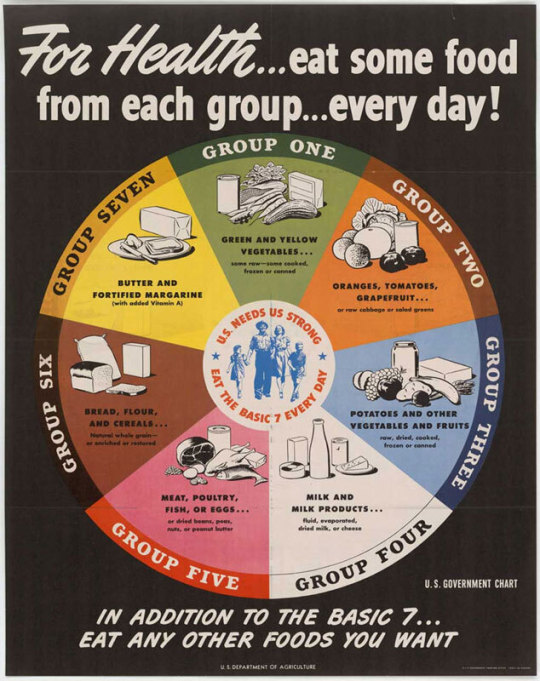
Back in 1943, butter was its own food group.
With wartime rationing in place, the USDA wanted to make sure Americans were getting enough vitamins and not concentrating their calorie intake on any one food. At the time, butter was thought to be a healthy fat that provided a good source of Vitamin A, so it made sense to urge people to eat some of it every day.
(via For health--eat some food from each group--every day! [graphic]. [Washington] : U.S. Dept. of Agriculture, 1943 · Special Collections and Archives)
#eat whatever you want#no shame#this is not a nutrition blog#history#world war ii#wwii#food groups#nutrition history#food history#special collections#rare books#university of missouri#libraries#fb#mizzou#kelli h
43 notes
·
View notes
Text
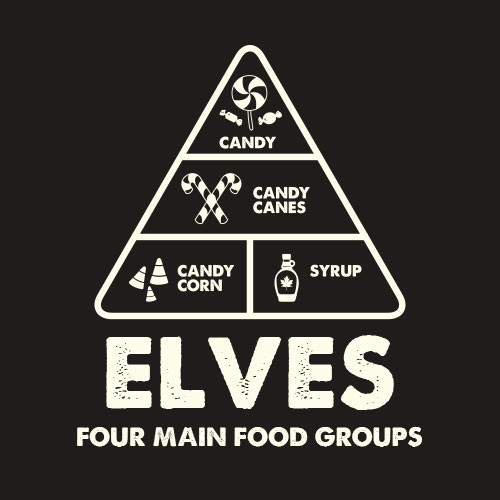
I'm hungry ....
2 notes
·
View notes
Photo

Recipe for Bird's Nest Salad In this Easter recipe, alfalfa sprouts serve as a nest for honey-glazed almonds. 2 tablespoons minced white onion, 3/4 cup alfalfa sprouts, 1 egg, 1/4 cup ranch salad dressing or to taste, 1/4 cup honey-glazed almonds, 1/4 cup sliced red bell pepper, 3 cups romaine lettuce leaves torn into bite size pieces, 1 pinch salt and black pepper to taste
2 notes
·
View notes
Text
Actually, the weekly food groups are Burrito, Premade Salad, Delicious Goop, The saddest looking sandwich you've ever seen, sauteed onion, and weird snack
You must eat these things every week for a balanced diet
0 notes
Text
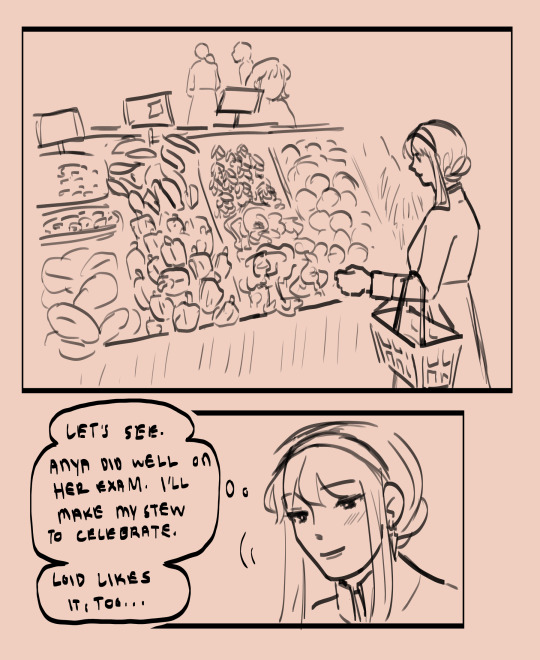
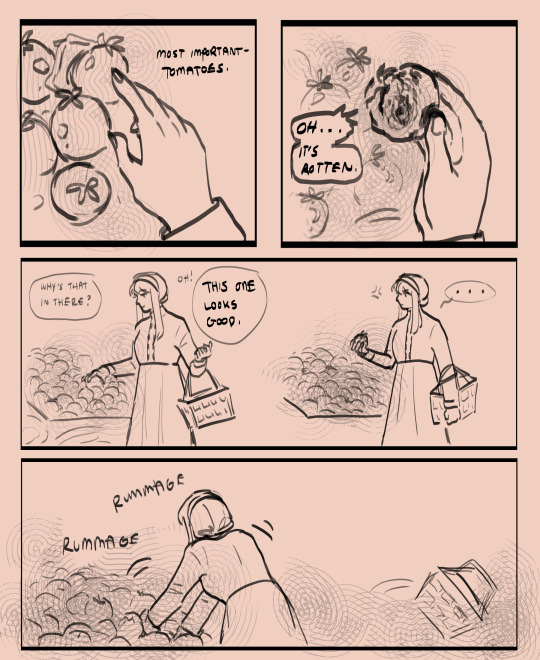
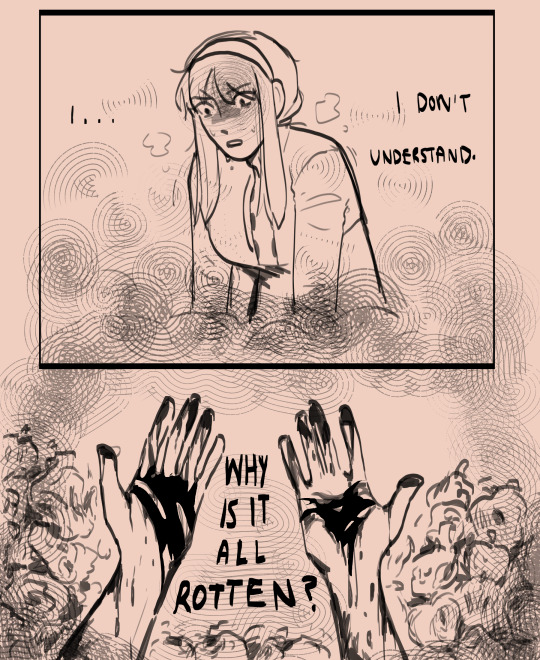


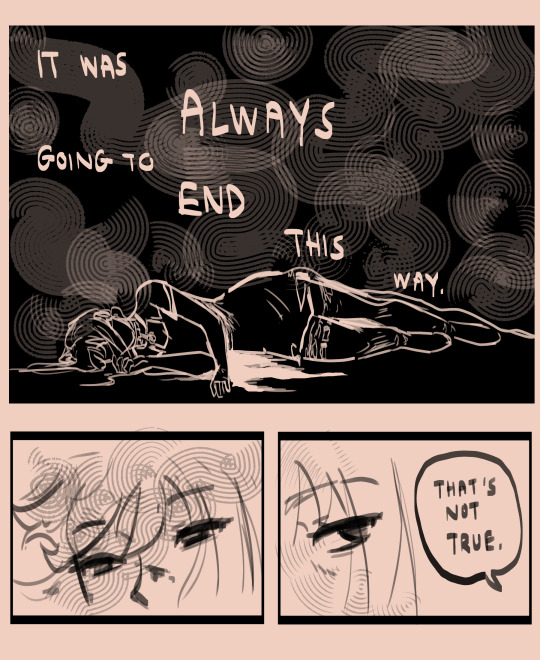
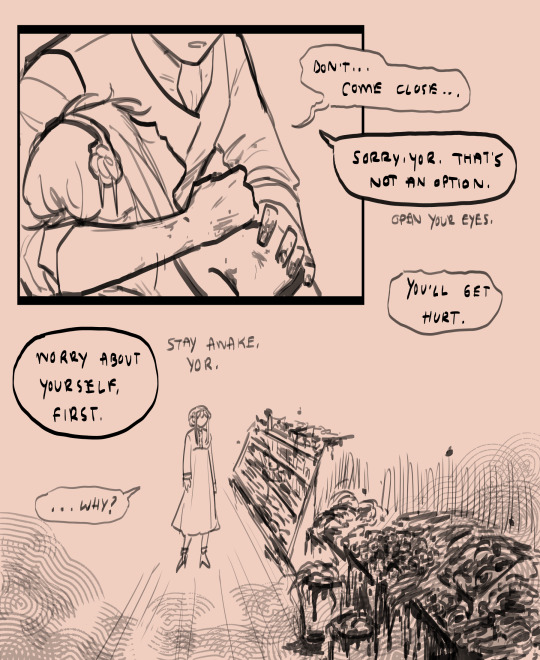



something about death, and sustenance, and decay. Idk
#this literally seized me by the throat#i have 2 big group project deadlines coming up in a day and i have been doing this instead#anyways#tw blood#tw rot#?#tw rotten food#spy x family#my art#loid forger#sxf#yor forger#twiyor#sxf loid#sxf yor#twilight#thorn princess
7K notes
·
View notes
Text
Manos de cerdo estofadas - Braised pig's trotters
Manos de cerdo estofadas (Para 4 personas) Aunque no es uno de mis platos favoritos, hay mucha gente (entre ellos familia), que les encanta, así que haremos un manitas de cerdo para ellos y aparte de la grasa que contiene, evidentemente, sorprende ver que aporta nutrientes esenciales. No es de los platos baratos de cocinar, tomémoslo como un capricho de fin de semana. Ingredientes: 1200 gr de…
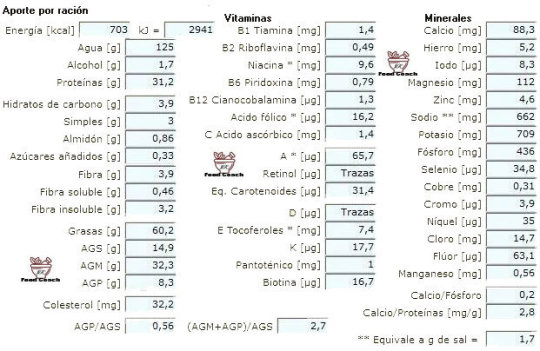
View On WordPress
#adelgazar#adelgazar comiendo#adelgazar con deporte#adelgazar con lo que hay en la nevera#adelgazar cuestion de voluntad#adelgazar sin pasar hambre#adquiriendo buenos habitos#adquiriendo habitos#comida de verdad#como adelgazar#como adelgazar sin trucos#Como alimentar a los niños (y a los adultos)#cuidado con los regimenes#dieta equilibrada#dietas personalizadas#eat for less than 3 euros#eating for 2 euros#eating for less than 1 euro#economic food#estar delgado#fast and healthy food#fast but healthy food#food cost#food for weight loss#food groups#food habits#food myths and legends#food preferences#food sinergy#food with calories
0 notes
Text
Vegetable Soup - Minestrone Soup I
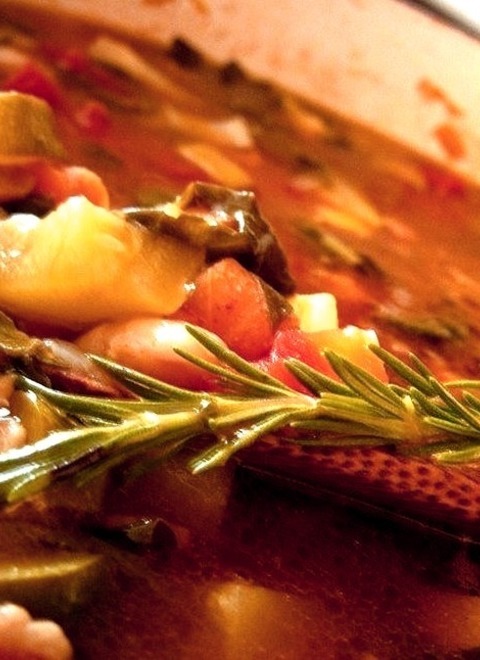
The star of this classic minestrone is a ton of fresh vegetables and elbow macaroni in a hearty chicken stock. When using really fresh and flavorful produce, the recipe's only seasoning ingredients are minced garlic, dried parsley, and salt.
0 notes
Photo
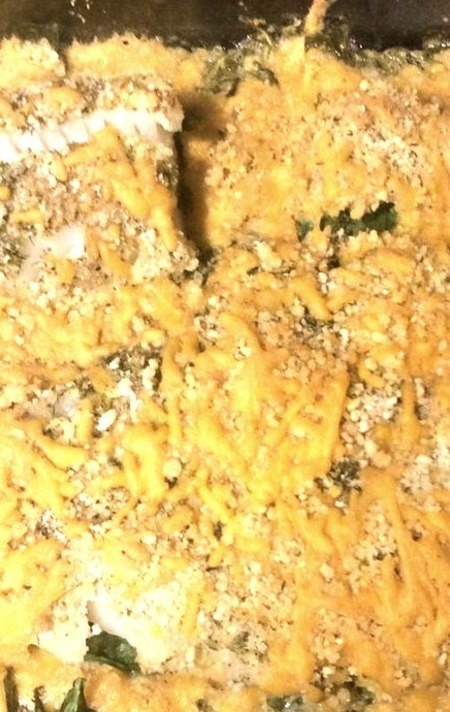
Fish Recipe White fish is layered between spinach and a crunchy Cheddar cheese topping for a quick weeknight dinner everyone will love.
0 notes
Photo
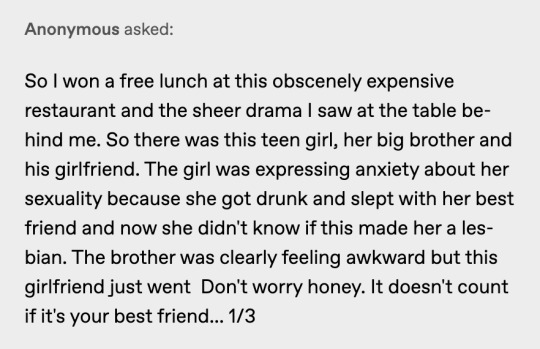

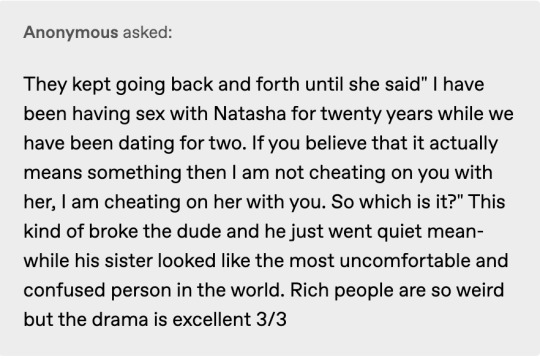
She probably helped that girl solve her teen sexuality dilemma anyway, because if that were me and I asked an adult for advice only to find out the adult’s not only worse off than me but also the dumbest person alive, I’d accept the lesbianism just to get out of the awkward situation...
#Anonymous#this reminds me of a girl I used to work with#she once told our lunch group how she licked a female stripper's nipple during a lap dance#and when I started choking on my food#she reassured me she wasn't gay#because it was just the one nipple
68K notes
·
View notes
Text
Red Lobster was killed by private equity, not Endless Shrimp

For the rest of May, my bestselling solarpunk utopian novel THE LOST CAUSE (2023) is available as a $2.99, DRM-free ebook!

A decade ago, a hedge fund had an improbable viral comedy hit: a 294-page slide deck explaining why Olive Garden was going out of business, blaming the failure on too many breadsticks and insufficiently salted pasta-water:
https://www.sec.gov/Archives/edgar/data/940944/000092189514002031/ex991dfan14a06297125_091114.pdf
Everyone loved this story. As David Dayen wrote for Salon, it let readers "mock that silly chain restaurant they remember from their childhoods in the suburbs" and laugh at "the silly hedge fund that took the time to write the world’s worst review":
https://www.salon.com/2014/09/17/the_real_olive_garden_scandal_why_greedy_hedge_funders_suddenly_care_so_much_about_breadsticks/
But – as Dayen wrote at the time, the hedge fund that produced that slide deck, Starboard Value, was not motivated by dissatisfaction with bread-sticks. They were "activist investors" (finspeak for "rapacious assholes") with a giant stake in Darden Restaurants, Olive Garden's parent company. They wanted Darden to liquidate all of Olive Garden's real-estate holdings and declare a one-off dividend that would net investors a billion dollars, while literally yanking the floor out from beneath Olive Garden, converting it from owner to tenant, subject to rent-shocks and other nasty surprises.
They wanted to asset-strip the company, in other words ("asset strip" is what they call it in hedge-fund land; the mafia calls it a "bust-out," famous to anyone who watched the twenty-third episode of The Sopranos):
https://en.wikipedia.org/wiki/Bust_Out
Starboard didn't have enough money to force the sale, but they had recently engineered the CEO's ouster. The giant slide-deck making fun of Olive Garden's food was just a PR campaign to help it sell the bust-out by creating a narrative that they were being activists* to save this badly managed disaster of a restaurant chain.
*assholes
Starboard was bent on eviscerating Darden like a couple of entrail-maddened dogs in an elk carcass:
https://web.archive.org/web/20051220005944/http://alumni.media.mit.edu/~solan/dogsinelk/
They had forced Darden to sell off another of its holdings, Red Lobster, to a hedge-fund called Golden Gate Capital. Golden Gate flogged all of Red Lobster's real estate holdings for $2.1 billion the same day, then pissed it all away on dividends to its shareholders, including Starboard. The new landlords, a Real Estate Investment Trust, proceeded to charge so much for rent on those buildings Red Lobster just flogged that the company's net earnings immediately dropped by half.
Dayen ends his piece with these prophetic words:
Olive Garden and Red Lobster may not be destinations for hipster Internet journalists, and they have seen revenue declines amid stagnant middle-class wages and increased competition. But they are still profitable businesses. Thousands of Americans work there. Why should they be bled dry by predatory investors in the name of “shareholder value”? What of the value of worker productivity instead of the financial engineers?
Flash forward a decade. Today, Dayen is editor-in-chief of The American Prospect, one of the best sources of news about private equity looting in the world. Writing for the Prospect, Luke Goldstein picks up Dayen's story, ten years on:
https://prospect.org/economy/2024-05-22-raiding-red-lobster/
It's not pretty. Ten years of being bled out on rents and flipped from one hedge fund to another has killed Red Lobster. It just shuttered 50 restaurants and declared Chapter 11 bankruptcy. Ten years hasn't changed much; the same kind of snark that was deployed at the news of Olive Garden's imminent demise is now being hurled at Red Lobster.
Instead of dunking on free bread-sticks, Red Lobster's grave-dancers are jeering at "Endless Shrimp," a promotional deal that works exactly how it sounds like it would work. Endless Shrimp cost the chain $11m.
Which raises a question: why did Red Lobster make this money-losing offer? Are they just good-hearted slobs? Can't they do math?
Or, you know, was it another hedge-fund, bust-out scam?
Here's a hint. The supplier who provided Red Lobster with all that shrimp is Thai Union. Thai Union also owns Red Lobster. They bought the chain from Golden Gate Capital, last seen in 2014, holding a flash-sale on all of Red Lobster's buildings, pocketing billions, and cutting Red Lobster's earnings in half.
Red Lobster rose to success – 700 restaurants nationwide at its peak – by combining no-frills dining with powerful buying power, which it used to force discounts from seafood suppliers. In response, the seafood industry consolidated through a wave of mergers, turning into a cozy cartel that could resist the buyer power of Red Lobster and other major customers.
This was facilitated by conservation efforts that limited the total volume of biomass that fishers were allowed to extract, and allocated quotas to existing companies and individual fishermen. The costs of complying with this "catch management" system were high, punishingly so for small independents, bearably so for large conglomerates.
Competition from overseas fisheries drove consolidation further, as countries in the global south were blocked from implementing their own conservation efforts. US fisheries merged further, seeking economies of scale that would let them compete, largely by shafting fishermen and other suppliers. Today's Alaskan crab fishery is dominated by a four-company cartel; in the Pacific Northwest, most fish goes through a single intermediary, Pacific Seafood.
These dominant actors entered into illegal collusive arrangements with one another to rig their markets and further immiserate their suppliers, who filed antitrust suits accusing the companies of operating a monopsony (a market with a powerful buyer, akin to a monopoly, which is a market with a powerful seller):
https://www.classaction.org/news/pacific-seafood-under-fire-for-allegedly-fixing-prices-paid-to-dungeness-crabbers-in-pacific-northwest
Golden Gate bought Red Lobster in the midst of these fish wars, promising to right its ship. As Goldstein points out, that's the same promise they made when they bought Payless shoes, just before they destroyed the company and flogged it off to Alden Capital, the hedge fund that bought and destroyed dozens of America's most beloved newspapers:
https://pluralistic.net/2021/10/16/sociopathic-monsters/#all-the-news-thats-fit-to-print
Under Golden Gate's management, Red Lobster saw its staffing levels slashed, so diners endured longer wait times to be seated and served. Then, in 2020, they sold the company to Thai Union, the company's largest supplier (a transaction Goldstein likens to a Walmart buyout of Procter and Gamble).
Thai Union continued to bleed Red Lobster, imposing more cuts and loading it up with more debts financed by yet another private equity giant, Fortress Investment Group. That brings us to today, with Thai Union having moved a gigantic amount of its own product through a failing, debt-loaded subsidiary, even as it lobbies for deregulation of American fisheries, which would let it and its lobbying partners drain American waters of the last of its depleted fish stocks.
Dayen's 2020 must-read book Monopolized describes the way that monopolies proliferate, using the US health care industry as a case-study:
https://pluralistic.net/2021/01/29/fractal-bullshit/#dayenu
After deregulation allowed the pharma sector to consolidate, it acquired pricing power of hospitals, who found themselves gouged to the edge of bankruptcy on drug prices. Hospitals then merged into regional monopolies, which allowed them to resist pharma pricing power – and gouge health insurance companies, who saw the price of routine care explode. So the insurance companies gobbled each other up, too, leaving most of us with two or fewer choices for health insurance – even as insurance prices skyrocketed, and our benefits shrank.
Today, Americans pay more for worse healthcare, which is delivered by health workers who get paid less and work under worse conditions. That's because, lacking a regulator to consolidate patients' interests, and strong unions to consolidate workers' interests, patients and workers are easy pickings for those consolidated links in the health supply-chain.
That's a pretty good model for understanding what's happened to Red Lobster: monopoly power and monopsony power begat more monopolies and monoposonies in the supply chain. Everything that hasn't consolidated is defenseless: diners, restaurant workers, fishermen, and the environment. We're all fucked.
Decent, no-frills family restaurant are good. Great, even. I'm not the world's greatest fan of chain restaurants, but I'm also comfortably middle-class and not struggling to afford to give my family a nice night out at a place with good food, friendly staff and reasonable prices. These places are easy pickings for looters because the people who patronize them have little power in our society – and because those of us with more power are easily tricked into sneering at these places' failures as a kind of comeuppance that's all that's due to tacky joints that serve the working class.

If you'd like an essay-formatted version of this post to read or share, here's a link to it on pluralistic.net, my surveillance-free, ad-free, tracker-free blog:
https://pluralistic.net/2024/05/23/spineless/#invertebrates
#pluralistic#bust-outs#private equity#pe#red lobster#olive garden#endless shrimp#class warfare#debt#looters#thai union group#enshittification#golden gate#monopsony#darden#alden global capital#Fortress Investment Group#food#david dayen#luke goldstein
6K notes
·
View notes
Photo

Minestrone Soup I Recipe Lots of fresh vegetables and elbow macaroni in a hearty chicken stock are the stars of this standard minestrone. The recipe calls for only minced garlic, dried parsley, and salt for seasoning -- great when you are using really fresh and flavorful produce
0 notes
Text


The Four Food Groups poster available on Redbubble and Teepublic!
#irlsimpsons#the simpsons#simpsons merch#simpsons items#obscure simpsons#simpsons stuff#simpsons#troy mcclure#food groups#simpsons poster#cartoon food#90s#1990s#1990s nostalgia
1 note
·
View note
Note
Cucumber, zucchini, squash, pumpkin, and watermelon are all in the same family, called pepos. They are a type of berry that have a hard outer rind (skin)
Yea I can see it
0 notes


